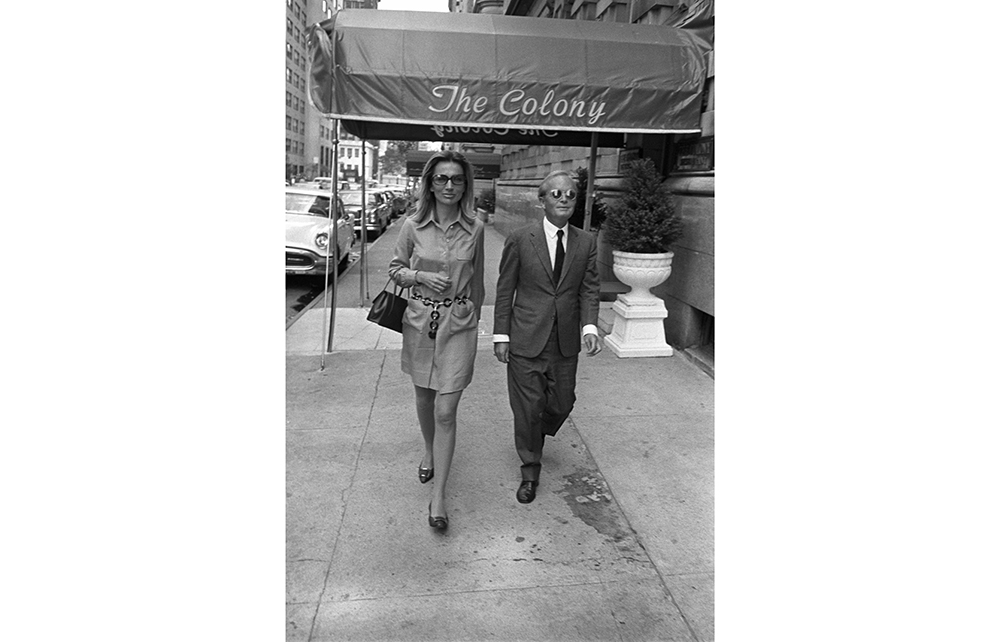The first rule in John Updike’s code of book reviewing is: try to understand what the author wished to do and do not blame him for not achieving what he did not attempt. I should therefore not blame Laurence Leamer for failing to capture in Capote’s Women any sense of what made Truman Capote irresistibly attractive to all sorts of people – rich, poor, male, female and especially to his flock of high-society swans, the women of Leamer’s title. Nor should I blame him for failing to identify what made Breakfast at Tiffany’s and In Cold Blood both beloved by critics and hugely popular. I can’t blame Leamer, because what he has attempted is a book of undiluted gossip, and that’s what he has achieved. ‘Submit,’ Updike urges us, ‘to whatever spell, weak or strong, is being cast.’ I submitted – and felt like I was caked in slime.
Capote was warned that spilling his swans’ secrets would be a disaster
There is a plot of sorts. Capote made his name against the odds, thanks to hard work, charm, compulsive self-promotion, social climbing and true literary genius. All his swans – Babe Paley, Gloria Guinness, Slim Keith, Pamela Harriman, C.Z. Guest, Lee Radziwill, Marella Agnelli – were blessed with great beauty, grace, style and varying degrees of intelligence. Most were much- married. Not one of them possessed a talent that could survive outside the small pond of extreme privilege and extravagant riches in which they paddled.
Having collected his swans and celebrated his success a few months after the triumphant publication of In Cold Blood with the epochal Black and White Ball at the Plaza Hotel in Manhattan, Capote began a long slide into middle-aged bloat. The combination of alcohol and drugs and constant high-society schmoozing is apparently inimical to serious literary endeavour.







Comments
Join the debate for just £1 a month
Be part of the conversation with other Spectator readers by getting your first three months for £3.
UNLOCK ACCESS Just £1 a monthAlready a subscriber? Log in